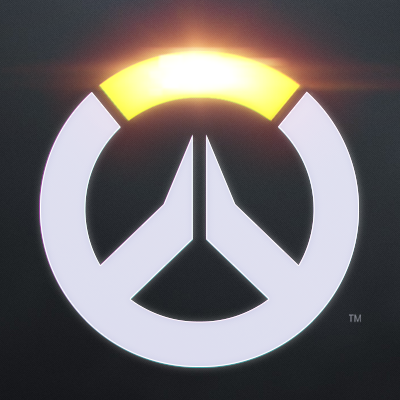

The hype surrounding the launch of Overwatch was real. 9.7 million players played the open beta, logging 81 million hours, and 37 million matches played. The word “hyped” may not actually do that justice. Players were pleased with the finished product, and it lived up to the hype.
First of all, it looks great. The maps are beautiful, and the heroes aren’t bad to look at, either (I always think of this Conan skit). It’s an FPS, but not like what most people expect from such. It’s not your typical military-type FPS. It’s got a sci-fi/fantasy style with very unique characters to choose from, each with their own style, weapon type, strengths, and weaknesses. Think of it maybe as a cross between CS:GO, League of Legends, and Team Fortress 2 (yeah, I chose three of the best games to compare it to, what does that say?). So will Overwatch become the next big esport? And if so, will it hold its own against the other juggernauts in the industry? All signs point to “yes.”
For players to want to play a game long-term, especially on a competitive level, they need to be heard. Who can say what the game lacks or does well better than the players, after all? That means the game needs some pretty damned good developer support. Overwatch has Blizzard, and Blizzard plans to do right by Overwatch. A game like this, with plenty of exclusive characters (about 21 so far), skills, and weaponry, has a lot of room for growth. Blizzard can add more characters, weapons, maps, and even multiplayer arenas, keeping players and spectators interested.
You’ve got tanks, offense, defense, and support. This game was built around team-gameplay. You have characters like Mercy, a healer/scientist support role with incandescent wings, or Winston, a tank role in the form of a genetically engineered gorilla decked out in high-tech armor and a huge electric gun, giving each character the potential to be someone’s favorite. And with such variety, there is a ton of room for tinkering with different party compositions and different strategies.
One large boon to Overwatch’s competitive esports potential is that it has options. The game even has four game modes. This allows for some variety when it comes to competitive tournaments. The Escort, Assault, Hybrid, and Control game modes allow for some variety, and will prevent players from growing bored. This also allows for Blizzard to add even more game modes, so the game doesn’t grow stagnant. I know every time a new battleground in WoW would come out, I would be giddy with excitement at playing it, and getting good at the strategy.
But surely the biggest sign that Overwatch will be a successful esport is, well, how well serious gamers (pros and non-pros alike) have received the game thus far. While the game was in beta, a hefty number of pro esports athletes were already on top of it, scouting for its potential. Teams were formed right off the bat, and even tournaments were held, all before the game actually came out.
When it comes to already established esports teams, it’s hard to say which ones will be willing to divide their time up even further, in order to accommodate another game. While plenty of esports teams do compete in multiple games, others only focus on one. So it’s hard to say how many of these teams will even want to mess with Overwatch. We know of at least a few, though.
FaZe Clan has already put together a roster of legendary players to take on Overwatch when the time would come. This team was picked carefully, and they have already worked out who will play support, dps, tank, and who will captain the team. Esports organizations in Australia are dead-set on their region being a major contender in competitive Overwatch, and other teams like Cloud9 and Team Liquid have joined the fray. Some of the highest paid esports teams still see Overwatch as a worthwhile investment. If they see potential in Overwatch, the potential is there.
Multiple tournaments have already been held, even during open beta. The competitive aspect of Overwatch has already begun. As far as professional tournaments, the OG Invitational had a $25,000 prize pool, with big names like Cloud9 and FaZe competing, and Dolby sponsored a tournament at the Esports Arena, with a $10,000 prize pool.
Overwatch has basically everything a game needs to become a tier-one esport. It has renowned teams, great support, big tournaments, popularity, hype, pleasing visuals, and there is already a website dedicated to betting on Overwatch. As we all know, whether it’s elections, sports, or competitive gaming, the betting markets follow where people are going!
So the question isn’t whether or not Overwatch will be an official esport, but whether or not it will grow to the popularity of other games like League of Legends and CS:GO. Will these two leaders in esports have another contender to worry about? FPSs do seem to be making a comeback in the esports arena, and this one is a beauty.